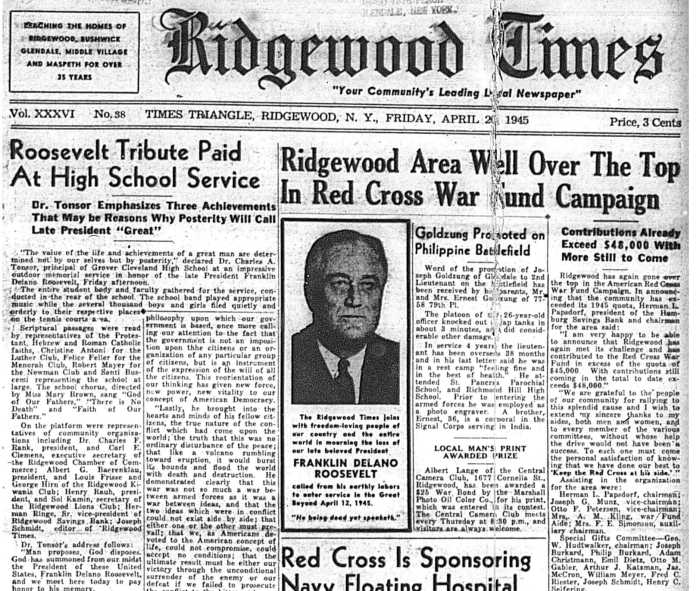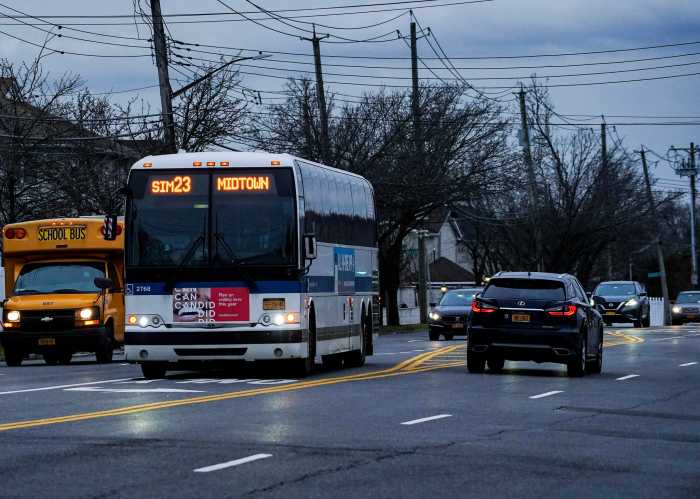Internal American government cables on the growing drug trade in Guyana sounded alarm bells about the growing power of the narco sector on all levels of society as far back as 2006 and rebuked the Bharrat Jagdeo administration for its tolerance and indifference as well as its lukewarm approach to eliminating the scourge.
American fears are contained in the latest WikiLeaks revelations on the small English-speaking South American nation. The cables were released on websites last weekend and appear to only confirm what everyone in Guyana except governing party officials seem to know about the cocaine trade and its connections to authorities.
Former Ambassador Roland Bullen said authorities worried that the lack of resources, porous borders, corrupt and ineffective law enforcement agencies and officials as well as easy access to the Caribbean Europe and North America made Guyana an ideal place for international trafficking. “In other words, these narco-criminals see Guyana as a country where they can operate with impunity.”
Bullen and successive ambassadors made a strong case for the Drug Enforcement Agency (DEA) to set up an office in the former British colony but various points of disagreement including a suitable location for an office have worked to ensure that there is no DEA office in the country to this day.
By August 2007, Charge d’ Affaires Michael Thomas expressed similar concerns and asked for funds to set up an office but complained that hardline Guyana government positions ensured all efforts were scuttled. “The project is no longer viable due to the government of Guyana’s failure to identify an acceptable location for the unit and their lack of progress in addressing drug trafficking issues,” Thomas said.
Talks about a dedicated DEA office date way back to 1999, Bullen said, noting that serving Guyana from the agency’s office in neighboring Trinidad was not good enough as agents there were fully occupied with local activities. “DEA has done an excellent job serving both nations, but Guyana demands greater focus and its own DEA staff to fully address the severe narco-trafficking situation on the ground.”
Reacting Sunday, James Singh, director of the Customs Anti Narcotics Unit (CANU) said authorities are working to pull the situation back, noting “no one in the country can call himself a don anymore. We are free to go after anybody and are under no pressure not to do so,” he said pointing to recent parliamentary approval of several anti drug bills including forfeiture, laundering and communication interception bills.
Annual State Department reports have chronicled the situation in the Caribbean trade bloc headquarters nation, noting that drugs and money laundering play a significant role in the country’s gross domestic product and that cocaine is hidden in every item exported from the country, be it noodles, timber or furniture.


























